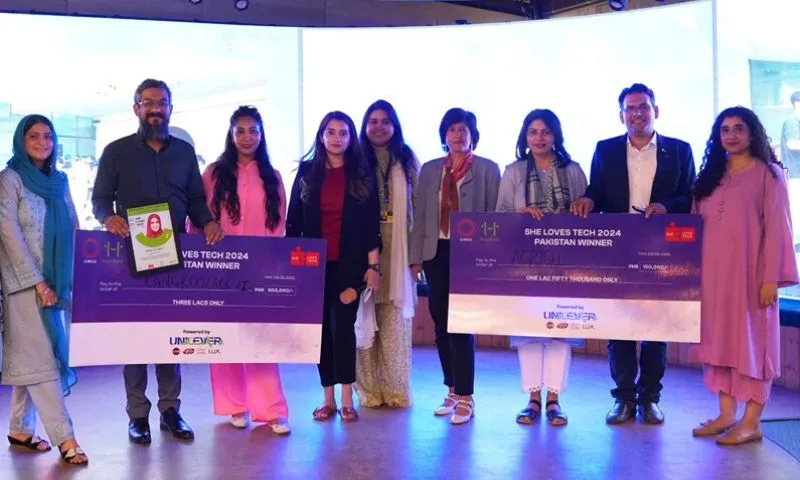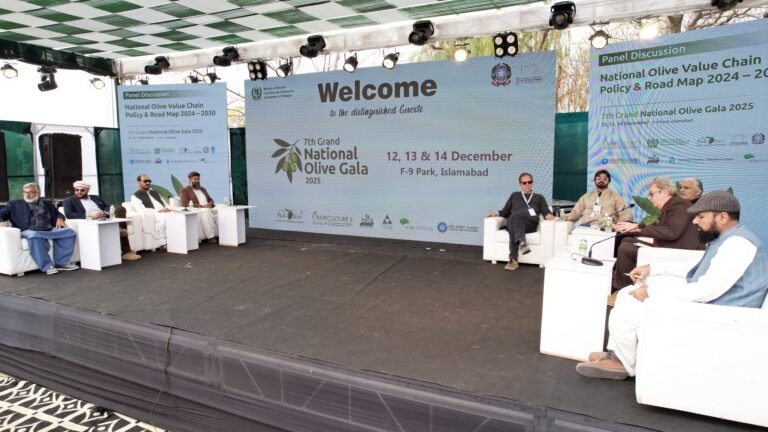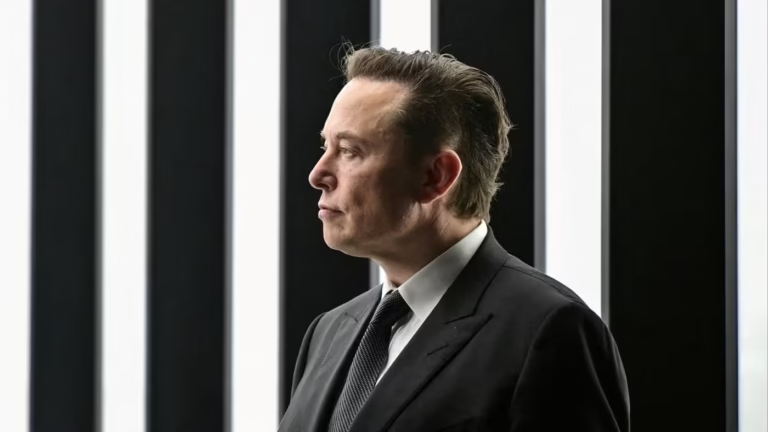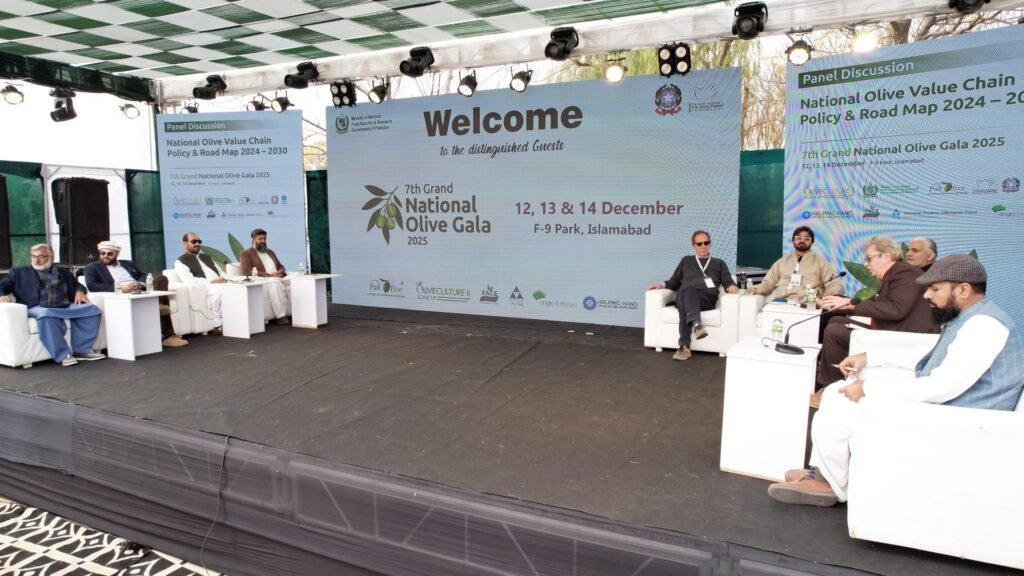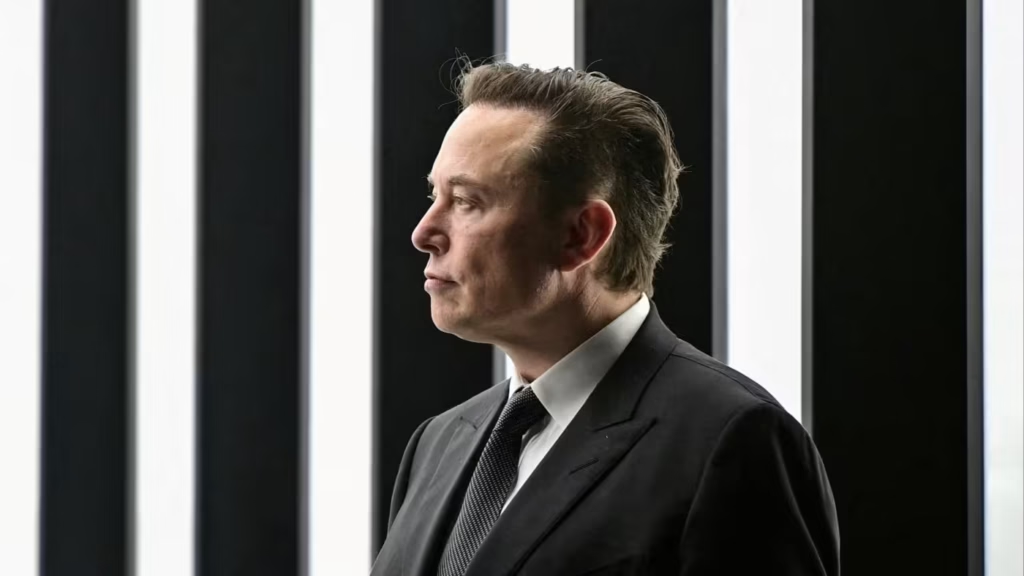Introduction
Young Pakistani scientists international awards are making headlines around the world as the next generation of innovators from Pakistan breaks barriers in artificial intelligence, medical research, and advanced technologies. Their achievements not only reflect personal excellence but also signify Pakistan’s growing footprint in global scientific and technological communities. These young minds are driving a narrative of progress, resilience, and world-class innovation.
Breakthroughs in Artificial Intelligence and Machine Learning
In the field of AI, Pakistani researchers have made remarkable strides:
- Young engineers and scientists from universities like NUST, GIKI, and LUMS have won awards at international AI summits and hackathons.
- Projects include advancements in natural language processing (NLP) for regional languages, predictive healthcare models, and AI-powered agricultural systems.
- Several startups led by Pakistani AI researchers have gained recognition in Silicon Valley, focusing on healthcare diagnostics, fintech solutions, and smart cities.
Pakistani researchers AI innovation is no longer just emerging — it is making global impacts in competitions and academic journals.
Medical Research Breakthroughs by Young Scientists
In the medical field, young Pakistani scientists are addressing critical healthcare challenges:
- Innovative work in early cancer detection using nanotechnology and AI-based imaging solutions has received awards from international health organizations.
- Breakthrough research on antibiotic resistance and low-cost diagnostic devices earned young researchers medals at global medical technology exhibitions.
- Collaboration with global research institutions has enabled Pakistani students to contribute to vaccine development and regenerative medicine studies.
Pakistan medical research breakthroughs are gaining international credibility, with young minds leading the charge.
Examples of Recent International Awards
Recent examples of young Pakistani scientists gaining global recognition include:
- A team from LUMS winning the Best AI Health Innovation Award at a European tech conference.
- A researcher from Aga Khan University honored by the World Health Organization for developing an affordable AI-driven diagnostic tool.
- A Pakistani AI entrepreneur listed among the Forbes 30 Under 30 for innovations in education technology.
- Students from PIEAS and NUST securing top spots in international space technology and robotics competitions.
Youth achievements in science Pakistan are setting a positive example for future generations to follow.
Why This Recognition Matters
The international success of young Pakistani scientists carries broad implications:
- Global Networking: Opens doors for Pakistani researchers to collaborate with top-tier global institutions.
- Technology Transfer: Facilitates the inflow of knowledge, funding, and mentorship into Pakistan’s scientific ecosystem.
- National Pride: Enhances Pakistan’s global image as a country capable of producing world-class innovators.
- Economic Impact: Encourages investment in research-driven startups and high-tech industries.
Global recognition for Pakistani scientists also serves to inspire more young students to pursue careers in STEM fields.
A Bright Future for Science and Innovation in Pakistan
The wave of international awards being won by young Pakistani scientists signals a bright and promising future for the country’s science and innovation landscape.
As educational institutions, private companies, and government initiatives continue to support scientific research, Pakistan is well on its way to becoming a hub of innovation that contributes meaningfully to global progress.
The achievements of today’s young scientists lay the foundation for a stronger, smarter, and more resilient Pakistan.
For more news and updates, please visit PFM TODAY | SCIENCE.

